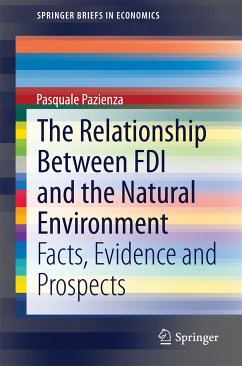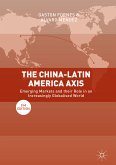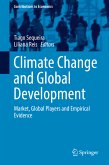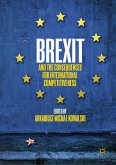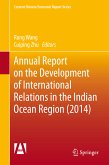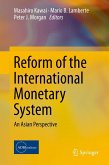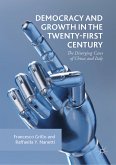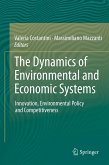This work examines in depth the relationship between foreign direct investment and the environment. Over the last few decades, increasing levels of environmental degradation have been recorded and have been claimed to be particularly attributable to globalization and the widespread increase of economic activities, in particular foreign direct investments (FDIs). However, the environmental implications of FDIs are not easily identified and contradictory views and arguments have been presented. This work contributes to the debate by closely analyzing the specific literature produced over the last three decades, and by presenting and discussing recent trends and prospects with regard to the FDI phenomenon.
Dieser Download kann aus rechtlichen Gründen nur mit Rechnungsadresse in A, B, BG, CY, CZ, D, DK, EW, E, FIN, F, GR, HR, H, IRL, I, LT, L, LR, M, NL, PL, P, R, S, SLO, SK ausgeliefert werden.
Hinweis: Dieser Artikel kann nur an eine deutsche Lieferadresse ausgeliefert werden.

